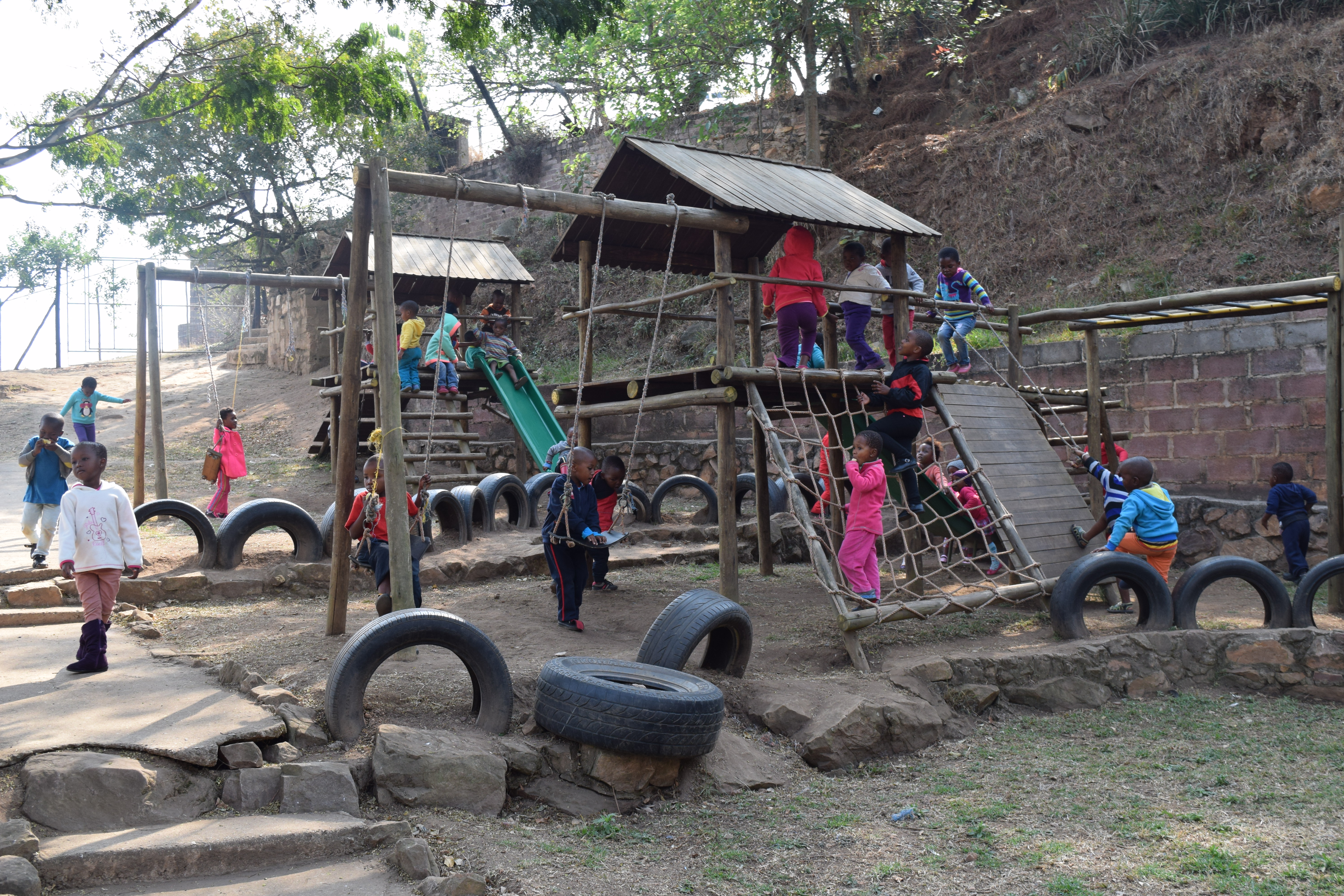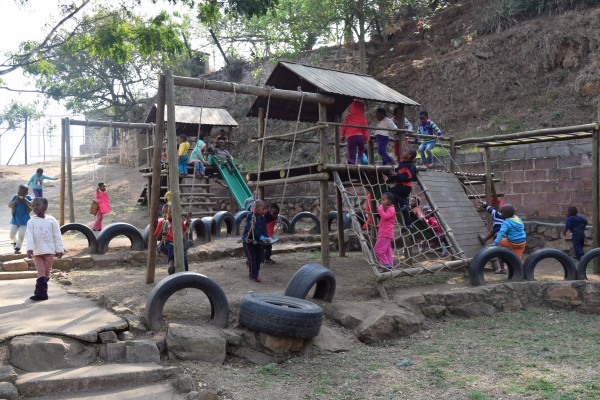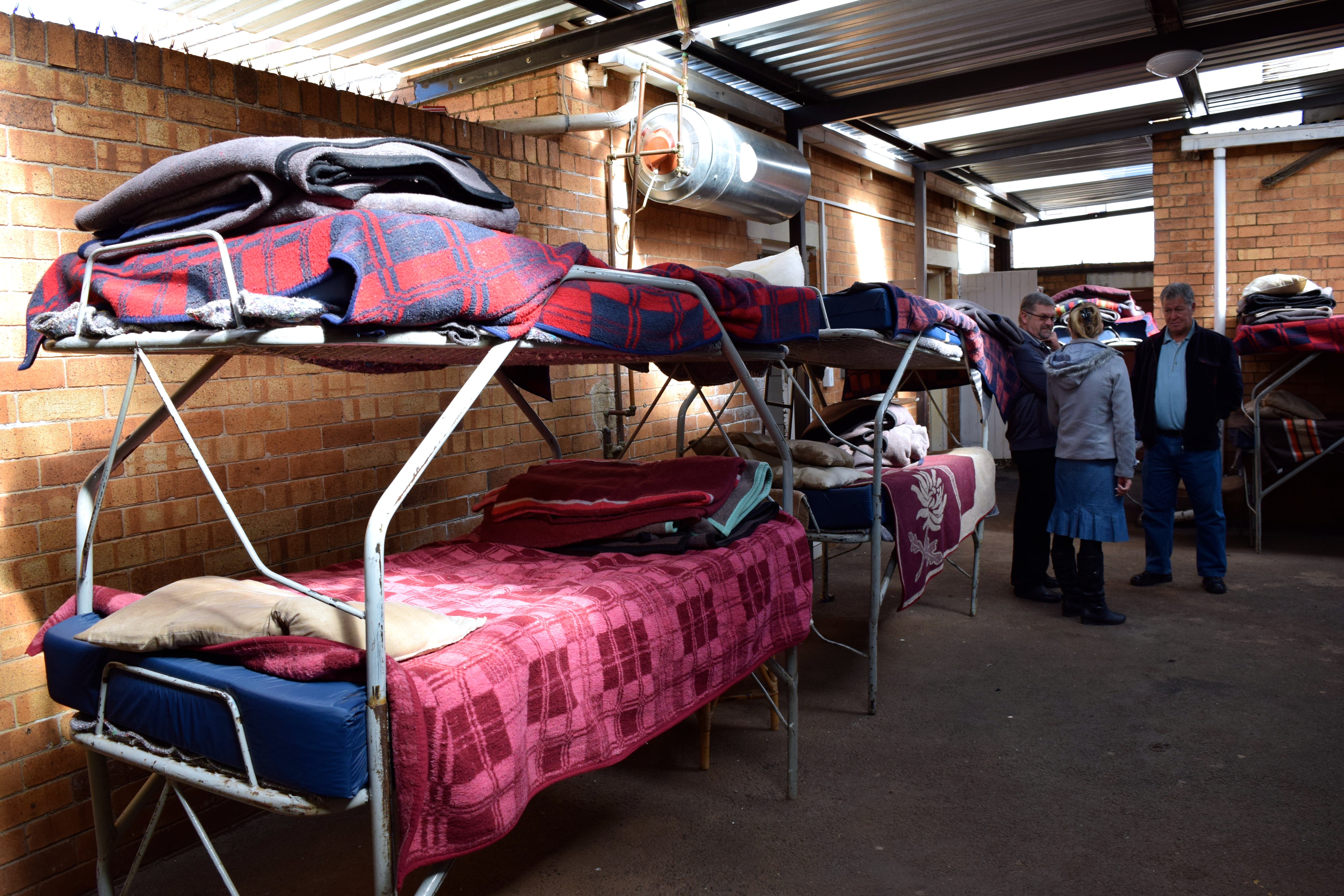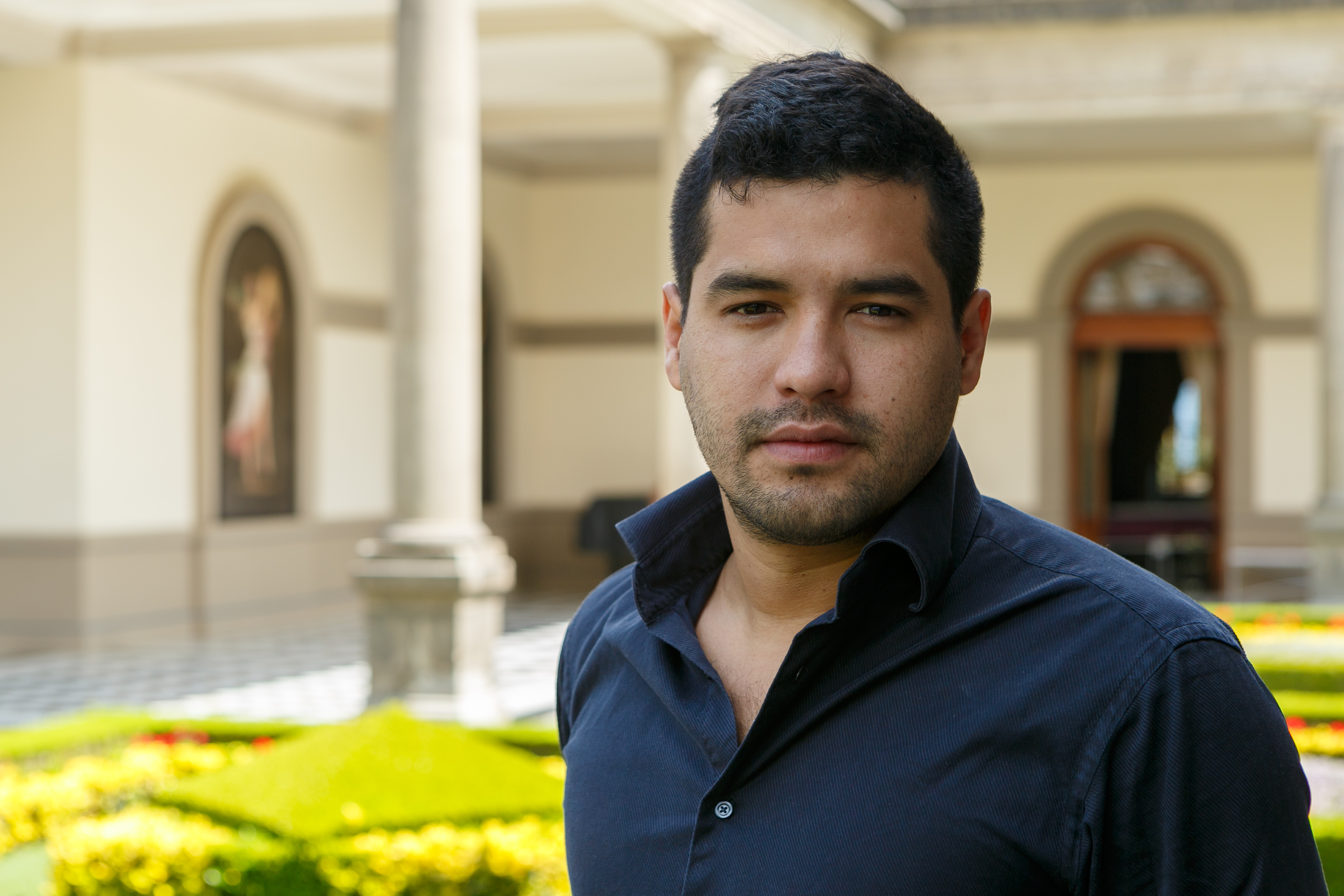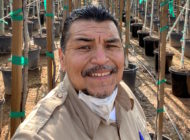By Naomi Ogaldez
EL NUEVO SOL
Embo, KwaZulu-Natal, South Africa — An overwhelming ambiance of brokenness
and somberness filled the eyes of about 40 children. Dressed in vibrant-colored clothes, they sat on a charcoal-colored rug at a crèche, or day care center called the Swelihle Pre-School.
As visitors entered the classroom, the children’s eyes became illuminated with curiosity, and they began to chatter in Zulu.
The crèche rarely gets any visitors.
“Most of these children have a teenage mother that got pregnant because of a rape incident, and most of the mothers are from a high school a few blocks away,” said Leonard Gcabashe, administrator of Swelihle Pre-School and pastor of Power of God Community Church.
Teenage girls, between the ages of 12 and 17, are more vulnerable to being raped in
South Africa, according to the National Center for Biotechnology Information.
The country has one of the highest rates for sexual assault and rape in the world. Also, it’s estimated to be seven times higher than in the U.S., according to the U.S. Department of State Bureau of Diplomatic Security.
The crèche was officially established as the Swelihle Pre-School in 2003. Before its current use as a pre-school, it was also an orphanage.
In 2010, the orphanage was relocated and renamed as the Philakahle Children Home. It currently houses 18 children and admits newborns to 10-years-old.
The Swelihle Pre-School has 91 children enrolled, ranging from 6 months to 5 years of
age.
Nokubonga Mtshali, teacher for the two and three year age group, conducts lessons in
Zulu and teaches English nursery rhymes.
After Mtshali wraps up her lesson, she gives the children a bathroom break. She first
takes the girls to the bathroom, and later the boys. She struggles to get all the kids into
separate groups.
“I don’t have much assistance, so when I take one group to the bathroom, the other group stays inside the classroom by themselves,” Mtshali said .
The Swelihle Pre-School and many other crèches are typically short-staffed.
The Swelihle Pre-School is registered in the government system, but hasn’t met all the requirements necessary to receive government funding.
The Power of God Community Church runs the crèche. It’s one of the only pre-schools in
Embo under church authority and has a curriculum based on the Bible.
It is funded by the church, donations, and tuition that the parents pay. Tuition ranges from
R100 ($10) to R130 ($12) per child.
“Some parents can’t afford to pay the fees for their children. We do not turn the children
away if their parents couldn’t pay on a particular month,” Gcabashe said.
KwaZulu-Natal, the province the crèche is located in, is the most impoverished province in South Africa, with more than 23 percent below the poverty line of R620 ($56) a month, according to a 2011 survey by Statistics South Africa, the national statistics service.
The crèche has a handful of different avenues of funding, but it’s often insufficient to cover all the costs. The crèche’s committee is currently raising money to get a proper fence for the building.
“Sometimes, goats and other animals get access points in the fence, and it becomes
dangerous for the children playing in the playground,” Gcabashe said.
In addition to financial constraints, the crèche has been negatively affected by the high crime rates.
“Robbers have stolen electric wires, chairs and some plates. Since then, we have installed
alarm systems to prevent robberies,” Gcabashe said.
The KwaZulu-Natal province has the highest crime rate in South Africa, said a 2012-
2013 crime statistics released by the Minister of Police.
South Africa’s crime rate is amongst the highest in the world, with crimes such as:
kidnapping, murder, sex crimes, attempted murder, and violent robberies on the rise,
according to Africa Check, a fact-checking organization.
Throughout all of the hardships, community members say the crèche has been able to positively influence the community.
“It has a positive impact on the community, especially on the youth because after the
mothers have given birth, they are able to go back to school and finish their studies,”
Mtshali said.
Volunteers agree that both organizations provide a better way of life for the children.
“The orphanage has given those children the opportunity to have a better lifestyle than
they would have had otherwise. They also get a good education and get taught good
values – encouraging them to become assets to their community,” said Phemelo Letlhake,
volunteer at Swelihle Pre-School and Philakahle Children Home.
Both organizations hope to expand and continue providing support to the community.
“We wish to have 10 units eventually at the Philakahle Children Home. At present, we
have 4 units, which can hold 24 children,” said Gcabashe.
“As for the crèche, we would like to see it grow and flourish.”
Tags: Pre-School South Africa







